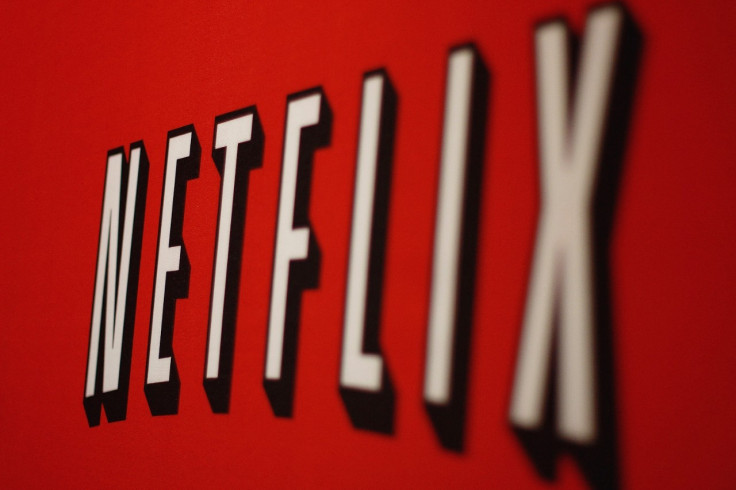Netflix opens for business in Cuba - where 0.0004% of people have broadband

Cuba is open for business with the US and Netflix is among the first to offer its services, but with just 5,300 people holding broadband internet accounts and the average monthly wage being around $20, it is hard to see just how successful its $7.99-a-month service will be.
Add to this that customers looking to subscribe in Cuba will need "access to international payment methods" in order to sign up, and the pool from which Netflix can attract customers looks decidedly small. Access to debit and credit cards in Cuba is difficult and PayPal does not offer accounts in the country.
Reed Hastings, co-founder and CEO of Netflix said: "We are delighted to finally be able to offer Netflix to the people of Cuba, connecting them with stories they will love from all over the world. Cuba has great filmmakers and a robust arts culture and one day we hope to be able to bring their work to our global audience of over 57 million members."
The move by Netflix is among the first from US companies following a thawing in diplomatic relationships between the US and Cuba last December. Since 16 January, American companies in the telecommunications, construction and financial services sectors have been allowed to conduct business with Cuba.
However, despite Netflix's early charge, it is unlikely its operations in Cuba will be a huge revenue driver for the company - initially at least.
According to the most recent report from Freedom House on Cuba from 2013, "internet access is complicated by weak infrastructure and tight government control."
While 26% of the country's population has access to the internet, there are just 5,300 broadband internet accounts registered - equating to 0.0004% of the country's 11.2 million population.
The Cuban government connected a high-speed, undersea internet cable in 2013 but according to Sanja Kelly, from Freedom House's Freedom on the Net campaign, this has yet to be fully exploited.
"Despite this one cable that currently exists, Cuba is still behind. We are talking about another five years, if not even more, of additional building up the infrastructure before Cubans are given more basic access," Kelly told the Guardian.
© Copyright IBTimes 2025. All rights reserved.






















